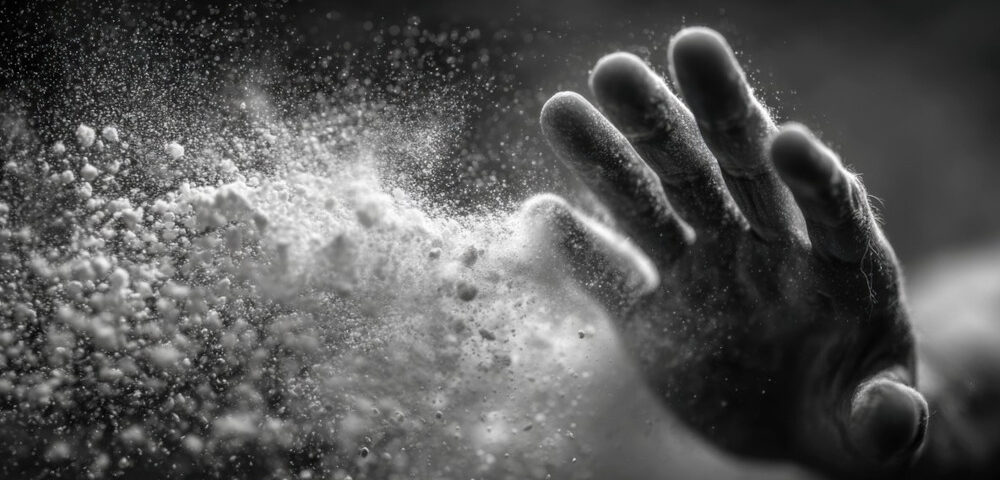Cocaine has a certain reputation, glamorous, expensive, and fast. It’s the drug of success stories and self-destruction, of weekend warriors and high-functioning professionals. It’s not the image of a “typical addict”, and that’s exactly what makes it so dangerous.
In South Africa, cocaine use has quietly crept from nightclub corners into boardrooms, creative industries, and suburban homes. It’s sold as confidence in powder form, a drug that makes people feel powerful, productive, and alive. But behind the illusion of control lies a truth that’s anything but glamorous, cocaine doesn’t make you sharper or stronger. It makes you dependent.
Addiction doesn’t always look like chaos. Sometimes, it looks like success, until the cracks start to show.
The Allure of Control
Unlike depressants like alcohol, cocaine is a stimulant. It makes users feel alert, confident, and energetic. Conversations flow, fatigue fades, and suddenly the world feels easier to handle. That’s why it hooks high achievers, people who want to do more, be more, stay awake longer, work harder, or feel better than everyone else in the room. But the drug’s biggest lie is control.
At first, you choose when to use, before a meeting, a party, a night out. But soon, the drug starts choosing for you. What was once recreational becomes required. You start chasing that first rush, that moment when everything clicked, but the brain, now rewired, can no longer deliver it naturally.
That’s when the cycle begins.
The Brain on Cocaine
Cocaine floods the brain with dopamine, the neurotransmitter responsible for pleasure and reward. It doesn’t just increase dopamine, it traps it. Your brain gets drenched in feel-good chemicals, creating euphoria and invincibility. But the high is short, 15 to 30 minutes, and when it fades, it leaves a crash, exhaustion, irritability, depression, paranoia.
The brain then demands another hit to feel normal. Over time, it stops producing dopamine naturally, meaning joy, motivation, and energy disappear without the drug. This is why cocaine addiction is so cruel, it doesn’t just steal your stability, it steals your ability to feel alive without it.
The Early Warning Signs
Cocaine addiction rarely starts in chaos. In fact, most users hide it well. But there are clues, subtle at first, then harder to ignore.
Physical Signs:
- Frequent sniffling, nosebleeds, or runny nose.
- Dilated pupils and sudden bursts of energy.
- Weight loss and loss of appetite.
- Difficulty sleeping or staying still.
Behavioral Signs:
- Sudden mood swings, from euphoria to aggression or irritability.
- Increased secrecy and defensiveness about whereabouts or money.
- Unexplained financial problems despite stable income.
- Social withdrawal from family or non-using friends.
- Paranoia or hyper-sensitivity to criticism.
Emotional Signs:
- Overconfidence masking deep insecurity.
- Crashes into depression or exhaustion after “high” periods.
- Constant restlessness, a need for stimulation or distraction.
- Using “just to function” rather than for fun.
The Myth of the “Casual User”
Cocaine sells the illusion of manageability. People tell themselves, “I only use on weekends” or “I’m not an addict, I don’t need rehab.” But the truth is, cocaine doesn’t respect moderation. The brain learns fast, tolerance builds quickly, and what starts as a line becomes a lifestyle. The casual user soon needs more to feel less, a bigger bump to reach the same high, a second hit to silence the crash.
Addiction isn’t measured by frequency. It’s measured by dependence. If you can’t imagine socializing, relaxing, or working without it, that’s addiction.
The Hidden Cost
Cocaine’s damage isn’t just physical, it’s emotional and financial. It drains bank accounts, destroys trust, and erodes mental health. Users often find themselves living double lives, successful by day, spiraling by night. Relationships suffer first. Partners begin to sense distance, irritability, and dishonesty. Then careers start to slip, missed deadlines, erratic behavior, overconfidence followed by burnout.
The drug convinces users that they’re performing better, but research shows the opposite, concentration, creativity, and emotional intelligence all deteriorate over time. What feels like control is actually collapse in slow motion.
When the Body Starts to Break
Chronic cocaine use wreaks havoc on the cardiovascular system. It constricts blood vessels, raises heart rate, and can cause heart attacks or strokes, even in young, healthy people. Long-term snorting leads to nasal tissue damage and chronic sinus infections. Smoking crack cocaine or injecting it carries even higher risks, lung damage, infections, collapsed veins, and HIV.
But the most dangerous damage is neurological. Cocaine alters brain function, increasing the risk of anxiety, paranoia, and even psychosis. Over time, the user can’t trust their own thoughts.
The Emotional Crash
Cocaine addiction is a pendulum between euphoria and despair. After every high comes a crash, fatigue, anxiety, emptiness. Eventually, users start using just to avoid that crash, not to chase pleasure. Depression becomes common, and suicidal thoughts often creep in during withdrawal phases. Because the dopamine system is depleted, even normal life feels unbearable without chemical help.
This is where many users spiral into polydrug addiction, mixing cocaine with alcohol, benzos, or opioids to balance out the crash. The risk? Fatal overdose.
Cocaine addiction hides in plain sight. It wears designer clothes, keeps up appearances, and convinces you that you’re in control, right until you’re not. The high that once made life brighter starts to dim everything else. What was once energy becomes exhaustion. What was once connection becomes paranoia.
If you suspect someone you love, or yourself, is caught in that spiral, don’t wait for the crash. Reach out, speak up, and get help. Because addiction isn’t a reflection of weakness. It’s a disease that thrives in silence, and recovery begins the moment you refuse to stay silent any longer.

